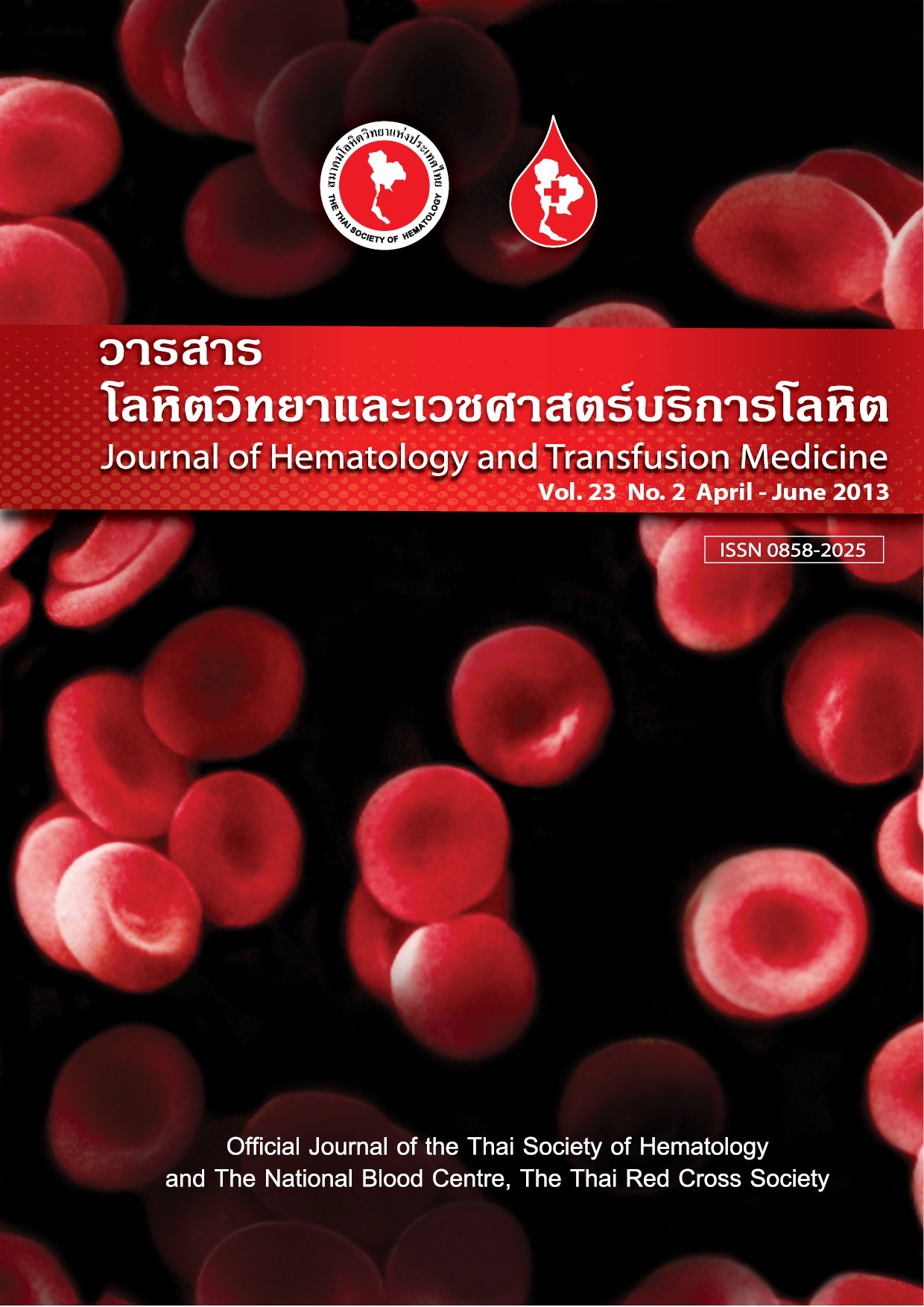Antiplatelet Drugs Resistance and Correlation in Patients Presenting with Acute Coronary Syndrome
Keywords:
Antiplatelet resistance, Aspirin, Clopidogrel, Acute coronary syndromeAbstract
Background: Antiplatelet agents are the mainstay treatment for patients with cardiovascular diseases. However, a substantial proportion of these patients still develop new cardiovascular events while receiving such antiplatelet therapy. Antiplatelet drugs resistance may contribute to the failure of treatment. Objective: We determine the prevalence and clinical significance of antiplatelet drug resistance among patients presenting with acute coronary syndrome (ACS) while receiving aspirin alone or in combination with clopidogrel. The study further investigated possible factors prediction antiplatelet resistance. Materials and Methods: A total of 49 ACS patients who had been taking aspirin or with clopidogrel for at least 7 days were enrolled in this study. The light-transmittance aggregometry (LTA) was used to determine antiplatelet drug responsiveness. The antiplatelet drug resistance was defined as the maximum aggregation > 60% when stimulated by 10 μmol/L of adenosine diphosphate (ADP). Results: Antiplatelet drug resistance was observed in 3 of patients (6.7%). The level of cardiac markers, both CKMB (p = 0.045) and Troponin-T (p = 0.030), of these 3 patients were significantly higher than in those with antiplatelet responsiveness. Severe angina (> 2 episodes within 24 hour) and high risk by Thrombolysis in myocardial infarction (TIMI) risk score had a tendency to be associated with antiplatelet resistance. However, there was no significant difference in cumulative occurrence of recurrent ACS and death in 28 days between patients who responded to or resisted antiplatelet drugs. Conclusions: Antiplatelet resistance, assessed by the LTA, is a predictor for the severity of ACS in term of higher cardiac injury but not associated with short-term cardiovascular outcomes both in recurrence and mortality.



